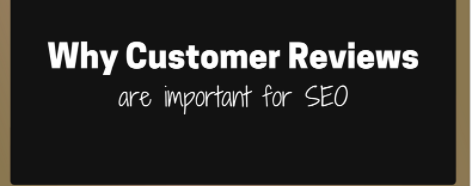Paying It Forward with Acts of Kindness

By Debbie Gregory.
Acts of kindness are therapeutic and will make you feel good and empower you. Your acts of kindness will also inspire others to be kind. We are learning that what we do impacts others and we are all in this together. Kindness has an amazing domino effect that is so positive and will impact our small business. VAMBOA, the Veterans and Military Business Owners Association h is providing a list of kind acts for small businesses to consider.
Some wonderful Acts of Kindness:
- Donating to Food Banks- donate some of the extra non-perishable foods in your pantry. If you are able make a monetary donation to fund meals.
- Donating meals to essential workers.
- Donating meals to students especially with schools being closed, it has been impacting many needy families that receive meals at schools for their children.
- Deliver meals – organizations that are preparing meals need help to deliver them to needy families.
- Donating Face Masks to hospitals and organizations
- Write notes and cards to elderly and shut ins to brighten their days.
- Donating Care, Food and Goodie Packages: Put together these packages for those in need in your community, elderly shut-ins, first responders, essential workers and military and veterans.
- Buy a bushel of apples, cases of water or drinks, boxes of packaged snacks, candies, gum, etc. and take them to your local fire or police station.
- Books and magazines are meant to be passed on and shared. Go through read magazines and books and donate them to homes for elderly with shut-ins to help them pass the time.
- Make handmade items that come from the heart. These can be knitted handmade items, greeting cards, paracord bracelets and special notes.
- Purchasing needed items such as sanitizer and cleaning items. These might be nice to send to your remote workers and those in need.
- Gift cards for those who are having hard times to markets and stores.
- Providing Free Advice to Impacted Businesses: Many small businesses are affected and hurting from the pandemic. They need help and often do not know where to find it. Volunteer to provide advice in areas of your expertise. You may find that those with expertise you need will help you. You might join forces with others and form a task force of sorts to offer free advice and consulting.
- Hosting Virtual Classes: Perhaps the expertise you possess is needed and can can best be presented and utilized in a virtual class.
- Create COVID Survival Guides for Small Businesses and to share and play forward what you have learned so others can benefit with Real time, actionable. advice and present it in zoom sessions.
- Teaching and/or tutoring others. With so many children and young people having to learn virtually, someone to help is a blessing. Many parents are doing triple duty, parenting, teaching, and working so this can be a huge relief.
- Small Businesses “lending” staff to other small businesses providing a win/win for all.
- Patronizing local restaurants – ordering meals to go to help them stay in business.
- Tipping generously at restaurants or to the barista who prepares your latte to go.
- When you go to market or store, ask neighbors what you can get for them, especially your elderly neighbors and friends.
- Organize zooms or Facetime to spend time with those friends, family and neighbors who feel isolated and are able to simply click on a link.
These are such challenging times for all of us including small business owners. Helping others can come back to you and is a wonderful way to feel like you are making a difference and to be positive. We all need to work together for everyone.















